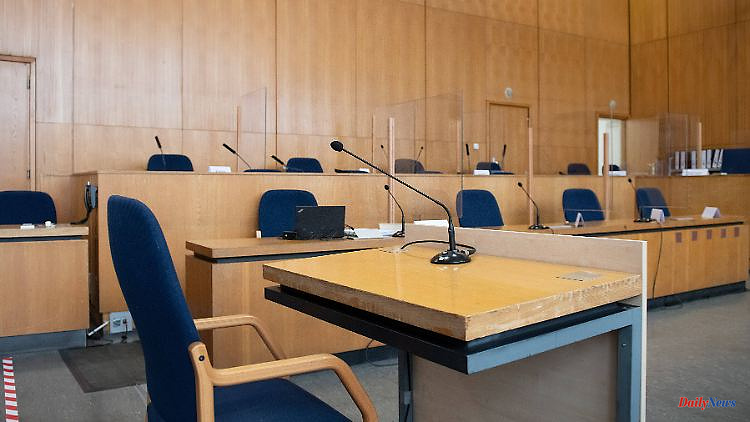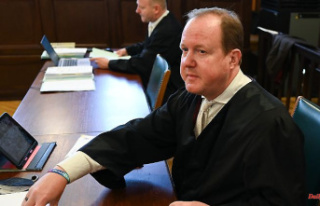The Ministry of Justice wants to revolutionize German criminal procedural law by 2030: with cameras in the courtroom. Image and sound recordings are intended to document and facilitate processes. Judges and prosecutors have raised a long list of concerns about the project.
The German judges and public prosecutors are opposed to the video documentation of criminal trials planned by the Federal Ministry of Justice. A draft bill presented in Berlin last November was unanimously rejected, said Hamburg's Attorney General Jörg Fröhlich. In a joint statement by the German chief prosecutor, it is said that the draft violates fundamental rights and does not solve problems, but rather creates new ones.
The draft bill "for a law on the digital documentation of the main criminal hearing" envisages recording the main hearing in the future in image and sound and converting the sound recording into a text document using transcription software. According to the Attorney General, the draft "is based on false assumptions", is "submitted at the wrong time", suffers from "significant, not only empirical, deficiencies" and ignores fundamental constitutional and European law issues.
According to experts, video recordings would not provide any more information than audio recordings for the memory of those involved in the proceedings. A transcription of the sound recording using software is neither technically sufficiently feasible nor does it solve the problem of differences of opinion about what happened.
"From the point of view of the public prosecutor's office, there is no understandable reason to revolutionize the German criminal process and throw a number of procedural principles and protective mechanisms overboard," said Fröhlich. Digital documentation of the main hearing would also be costly and require a lot of staff and organization. "The negative opinion of my colleagues is therefore only too understandable."
The federal director of the German Association of Judges, Sven Rebehn, said the draft "raised serious legal and practical problems for which he found no convincing solutions". If the plans were to be implemented in this way, the courts would face enormous additional work. Criminal proceedings, which already last longer than ever on average, would be drawn out even further by extensive recording and documentation requirements.
There are considerable concerns about a video recording of the trial, also because experience has shown that witnesses no longer speak freely as soon as they sit in front of a camera. The risk of unmasking witnesses who need to be effectively protected in espionage or terrorism proceedings, for example, would be significantly greater with video images. "With the draft law, the Federal Ministry of Justice is aiming for what is probably the most drastic change in criminal proceedings in decades," Rebehn summed up.












